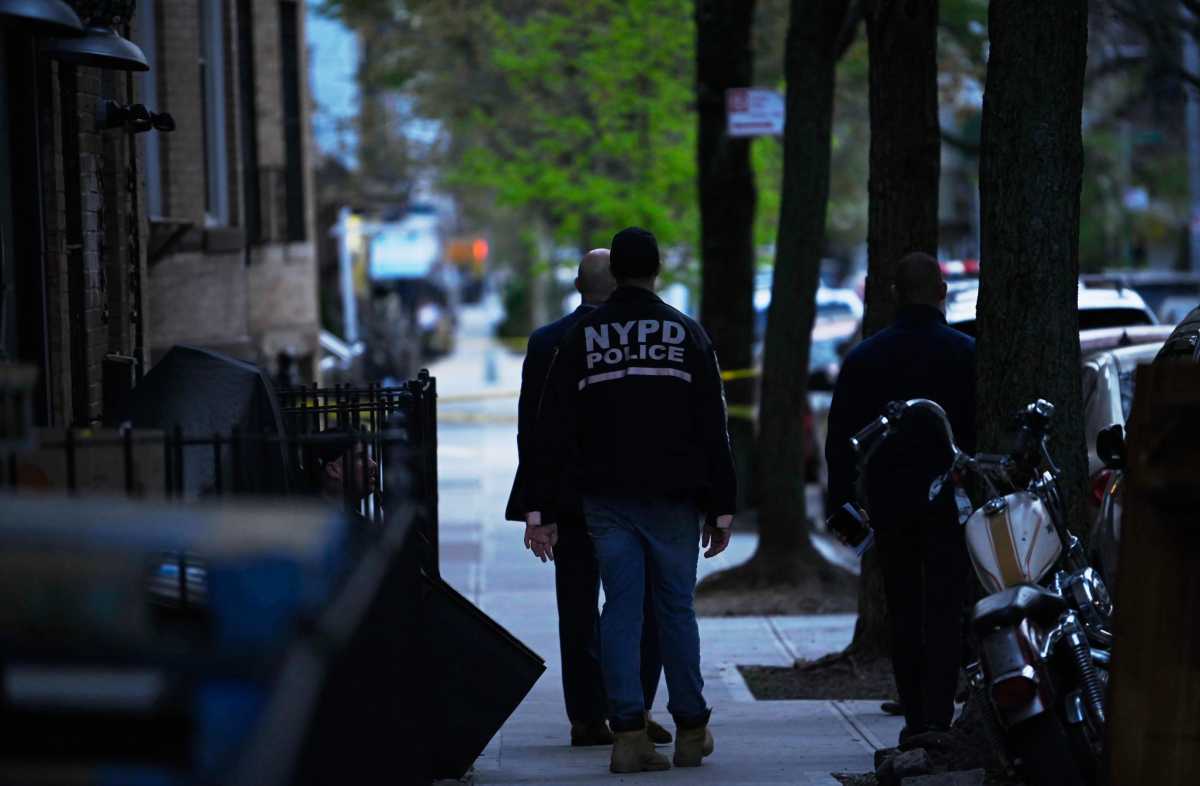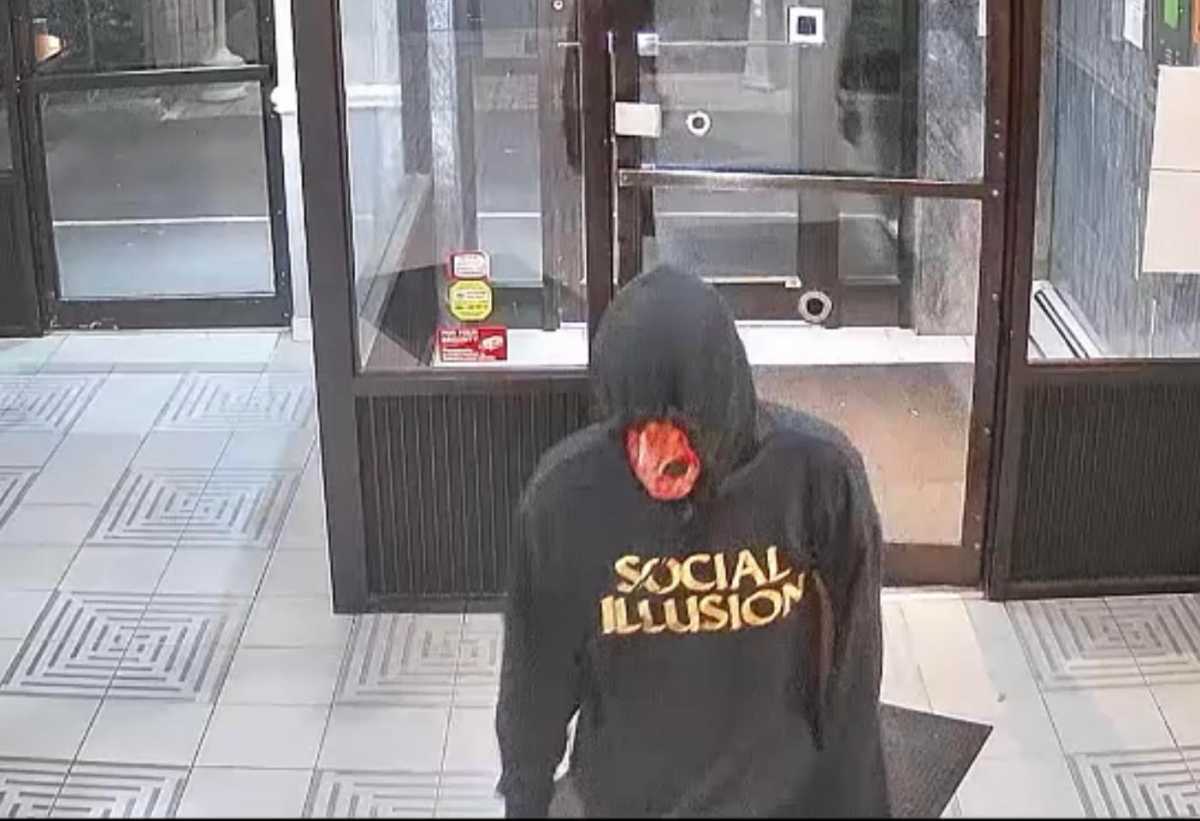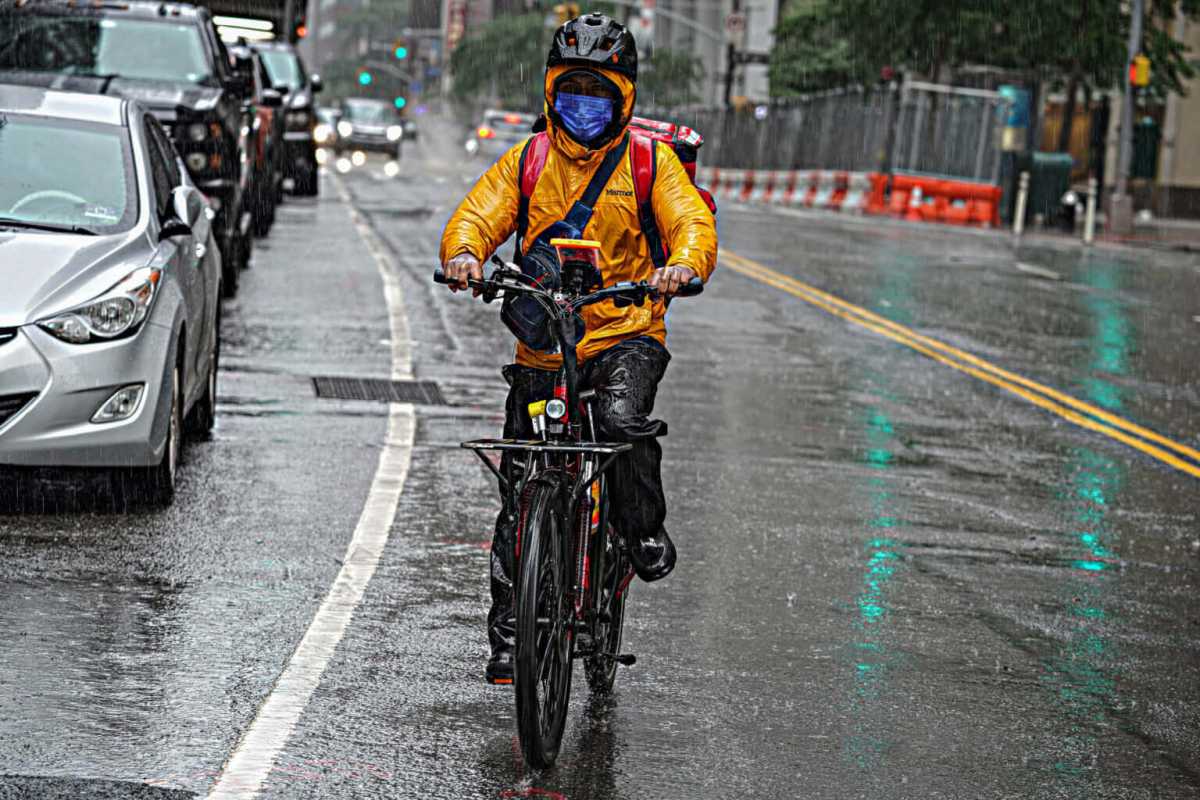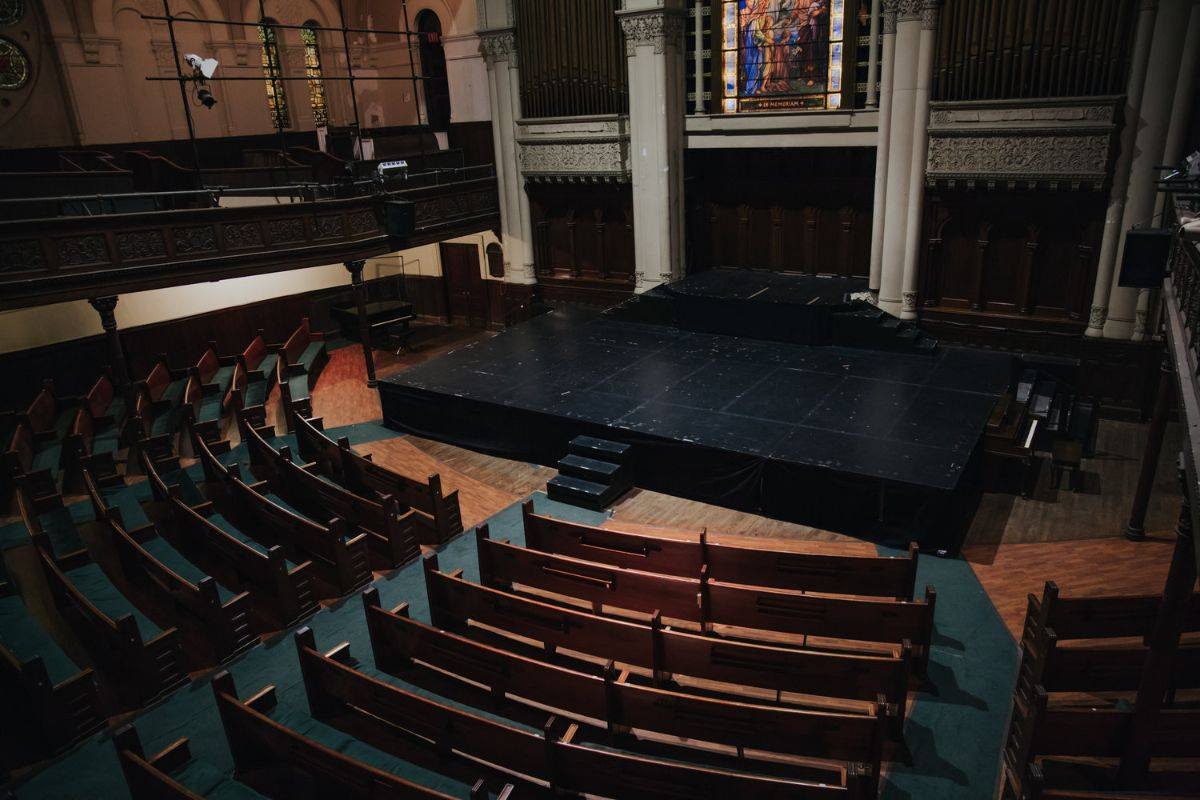Would you like a side of poop to go with your burger and fries?
It’s not as far fetched as you’d think, according to a new investigation of British fast food restaurants by the BBC. According to the Liverpool Echo, the news organization sampled ice at 10 random McDonald’s, KFC and Burger King restaurants around England. They then tested the ice for coliforms that show products contaminated with fecal bacteria.
The acceptable results for fecal bacteria is zero, but the coliforms showed up in three of the 10 McDonald’s surveyed, six of 10 Burger King locations and seven of 10 KFC restaurants. Fecal bacteria at the Burger Kings and KFCs were at “significant levels.”
Fecal matter found in coffee shops
The reveal comes weeks after another BBC investigation found “significant levels” of fecal bacteria in ice used at popular coffee shops in the country, including Starbucks, Costa Coffee and Caffe Nero.
“It’s extremely worrying. When we’re finding the sorts of numbers we’re finding here, you have to look at the people making the ice, handling the ice, which they then transfer into customers’ drinks,” said Tony Lewis, Head of Policy and Education at the Chartered Institute of Environmental Health, on BBC One’s Watchdog investigation, which aired Wednesday.
“And then you also have to look at hygiene failure with potentially the machines themselves: are they being kept clean?”
How to avoid fecal bacteria at restaurants
Representatives for the three fast food chains all said cleanliness is extremely important, but it’s likely the cross-contamination comes from unsanitary conditions, like employees failing to wash their hands — or at least not doing it well enough — after using the bathroom. Many fast food restaurants often offer self-service soda machines where customers can use without having to first wash their hands.
The bacteria is no laughing manner: People who get fecal bacteria in their bodies can develop upset stomach and diarrhea, but some pathogens — like E. coli, Salmonella and hepatitis — can cause serious illness or death.
It happens with some regularity in U.S. restaurants, too: At least 13 customers of a Chipotle in Sterling, Va., reported vomiting, diarrhea, stomach pain, nausea and stomach pain after eating at the restaurant last Friday and Saturday.
The company responded by shutting down the location temporarily, but it’s not the first time for contamination at one of their restaurants. Chipotle temporarily shuttered 43 Washington and Oregon restaurants in November 2015 after an outbreak of E. coli sickened 22 people. Another 150 cases of norovirus were linked to another Chipotle near Boston College a month later.
While there may not be a way to 100 percent avoid food poisoning while dining out, it’s recommended that you send back anything that doesn’t look cooked thoroughly, according to the Food Safety Council, avoid public-facing things like buffets and salad bars as much as possible and always wash your own hands before eating.
And maybe steer clear of those self-serve ice machines, too.

























